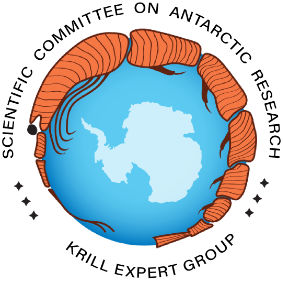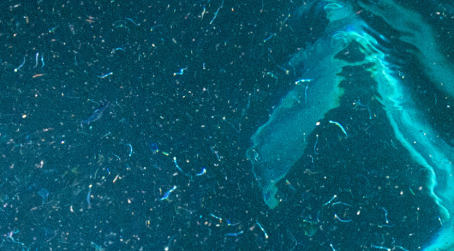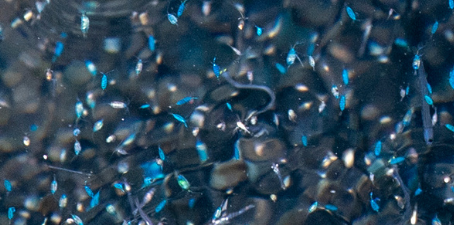
For the most up to date information about SKEG, please visit our website: www.scarkrillexpertgroup.org.
Antarctic krill play a vital role in the Antarctic food web, providing a major part of the diet of larger species such as whales, seals, penguins and fish. They are also commercially fished in the Southern Ocean and used in the production of fish food, animal feed and human dietary supplements. But even after almost 100 years of research into krill, our understanding of their life history, seasonal spatial dynamics, and response to climate change, is largely unknown. These data gaps limit our ability to predict krill population shifts, according to projected climate change scenarios for the Southern Ocean, an important aspect for krill fisheries management.
The SCAR Krill Expert Group (SKEG) seeks to:
- improve our understanding of krill biology and ecology;
- serve as the primary conduit between the wider krill scientific community and the Commission for the Conservation of Antarctic Marine Living Resources (CCAMLR), which manages and monitors the Antarctic krill fishery;
- provide a forum to guide research directions, encourage information exchange and dialogue between krill researchers, fisheries and society;
- promote collaboration within the krill community with emphasis on early-career researchers.
SKEG members come from a wide range of institutions, including the CCAMLR Secretariat, universities, national laboratories, NGO’s, and industry.



